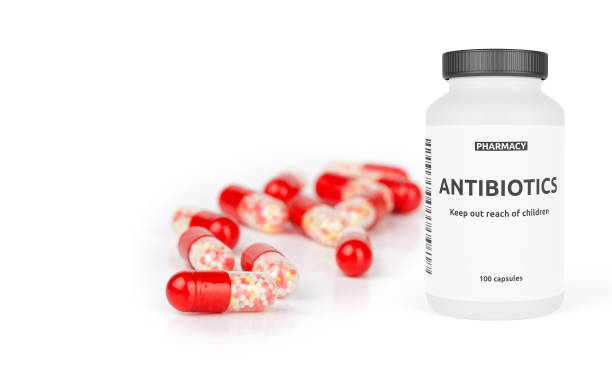There’s a popular myth that drinking malt and milk can significantly boost blood levels. While this combination is indeed rich in certain nutrients, it’s not a magic solution for increasing hemoglobin. Understanding the true ways to enhance hemoglobin levels is crucial for maintaining overall health and combating conditions like anemia.
Understanding Hemoglobin
Hemoglobin is a protein in red blood cells responsible for carrying oxygen from the lungs to the rest of the body and returning carbon dioxide from the body to the lungs to be exhaled. Low hemoglobin levels can lead to anemia, characterized by symptoms such as fatigue, weakness, shortness of breath, and dizziness. Proper hemoglobin levels are essential for ensuring that your body gets the oxygen it needs to function efficiently.
Debunking the Malt and Milk Myth
The myth that malt and milk can dramatically increase hemoglobin levels stems from the fact that these foods are nutrient-dense. Malt contains vitamins like B-complex and minerals like iron and magnesium, while milk is rich in calcium, protein, and vitamins A and D. However, these nutrients alone are not enough to address low hemoglobin levels, especially if dietary deficiencies or underlying health conditions are present.
Real Ways to Boost Hemoglobin

- Iron-Rich Foods
- Sources of Iron: Incorporate iron-rich foods into your diet, such as spinach, red meat, liver, beans, lentils, tofu, and fortified cereals. Iron is a critical component of hemoglobin.
- Types of Iron: There are two types of iron—heme iron (found in animal products) and non-heme iron (found in plant-based foods). Heme iron is more easily absorbed by the body.
Vitamin C
- Role in Iron Absorption: Vitamin C enhances the absorption of non-heme iron from plant-based foods. Include citrus fruits, strawberries, bell peppers, broccoli, and tomatoes in your diet to improve iron absorption.
- Dietary Sources: Orange juice, kiwis, papayas, and pineapples are also excellent sources of vitamin C.
Folic Acid
- Importance: Folic acid, or vitamin B9, is essential for the production and maintenance of new cells, including red blood cells. A deficiency can lead to anemia.
- Sources: Leafy greens like spinach and kale, nuts, seeds, beans, lentils, and fortified cereals are rich in folic acid.
Vitamin B12
- Role in Red Blood Cell Formation: Vitamin B12 is crucial for the production of red blood cells. Deficiency can result in megaloblastic anemia, where red blood cells are larger than normal and not fully developed.
- Sources: Meat, dairy products, eggs, and fortified foods such as cereals and plant-based milk alternatives are good sources of vitamin B12.
Avoid Iron Blockers
- Foods to Limit: Some foods and beverages can inhibit iron absorption. Reduce the intake of tea, coffee, and high-calcium foods or supplements during iron-rich meals.
- Timing Matters: Try to consume iron-rich foods and vitamin C together, while having tea, coffee, or dairy products between meals.
Healthy Eating Tips

- Balanced Diet
- Variety of Nutrients: Ensure your diet includes a variety of nutrients from all food groups. A balanced diet supports overall health and helps maintain optimal hemoglobin levels.
- Hydration
- Importance: Drinking plenty of water helps maintain healthy blood flow and supports overall bodily functions, including the transport of nutrients and oxygen.
- Regular Checkups
- Monitor Levels: Regular blood tests can help monitor your hemoglobin levels and ensure that any deficiencies or health issues are addressed promptly.
Conclusion: Empowering Your Health Through Nutrition
Debunking myths about quick fixes and focusing on a balanced, nutrient-rich diet is essential for boosting hemoglobin levels naturally. Incorporating iron-rich foods, enhancing iron absorption with vitamin C, and ensuring adequate intake of folic acid and vitamin B12 can significantly improve your hemoglobin levels. Stay informed, make healthy food choices, and consult healthcare professionals for regular checkups to maintain optimal health and well-being.
By understanding the real ways to boost hemoglobin, you can take proactive steps to prevent anemia and ensure that your body functions at its best.


